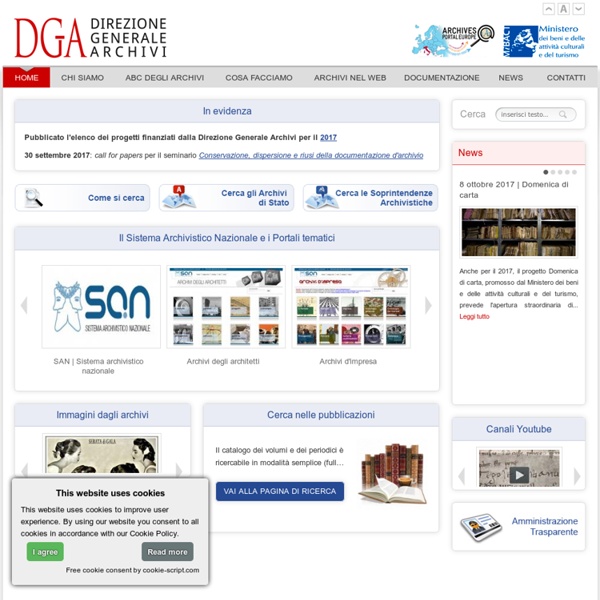



Ilariaalpi.it | Osservatorio sull'informazione ASSOCIAZIONE dei PARENTI delle VITTIME della STRAGE di USTICA Arte memoria viva - XXXIII Anniversario della strage di Ustica- Bologna, 27 giugno 1980-2013 QUANDO LO SPORT RIPENSA AD USTICA, IL MUSEO DELLA MEMORIA GLI APRE LE SUE PORTE... C'è un'associazione che promuove iniziative in bicicletta, per la promozione del turismo nella città di Bologna. Turismo e sport non più intesi come semplice fonte di svago o distacco dalla routine quotidiana, ma come mezzo per crescere e per condividere passioni, emozioni e ricordi; per conoscere meglio la storia e le tradizioni locali, l’ambiente sociale e naturale che ci circonda. Nasce da questa filosofia URBAN FITNESS ON BIKE, ciclopasseggiate nel nostro territorio ed oltre a cura di A.s.d. Scarica il manifesto (PDF, 36 Kb) IL PROGRAMMA DELLE INIZIATIVE (24 giugno - 10 agosto 2010): la presentazione di Daria Bonfietti (PDF, 72 Kb) il comunicato stampa (PDF, 271 Kb) Visualizza il Programma completo delle iniziative (PDF, 2,56 Mb) BONFIETTI: DAL COMMISSARIO INACCETTABILE CEDIMENTO AI DIKTAT DI GIOVANARDI.
Benvenuto in StrageTreno904 Sabato 18 Dicembre 2010 12:29 Ultimo aggiornamento Sabato 10 Dicembre 2011 16:11 Scritto da Antonio Natale di sangue La strage del rapido 904 del 23 dicembre 1984 Un documentario radiofonico di Marcello Anselmo Radio3Rai – Tre Soldi – da lunedì 20 dicembre a venerdì 24 dicembre 2010, H 23:30 Alle 19:08 del 23 dicembre del 1984 una bomba deflagra nel treno rapido 904 partito da Napoli e diretto a Milano. Il racconto sonoro è, dunque, il montaggio di fonti diverse che accompagnano gli ascoltatori nel mosaico complesso che intreccia l’esperienza individuale dei protagonisti involontari dell’attentato e l’esperienza collettiva che la strage ha significato per la storia repubblicana recente. mandanti e chiarito le supposte motivazioni tralasciando la ricerca degli esecutori e le conseguenze politiche, dirette e indirette, che l’evento ha scatenato. attraverso microstorie costituite da drammi intimi, vicende private e descrizioni pubbliche situate.